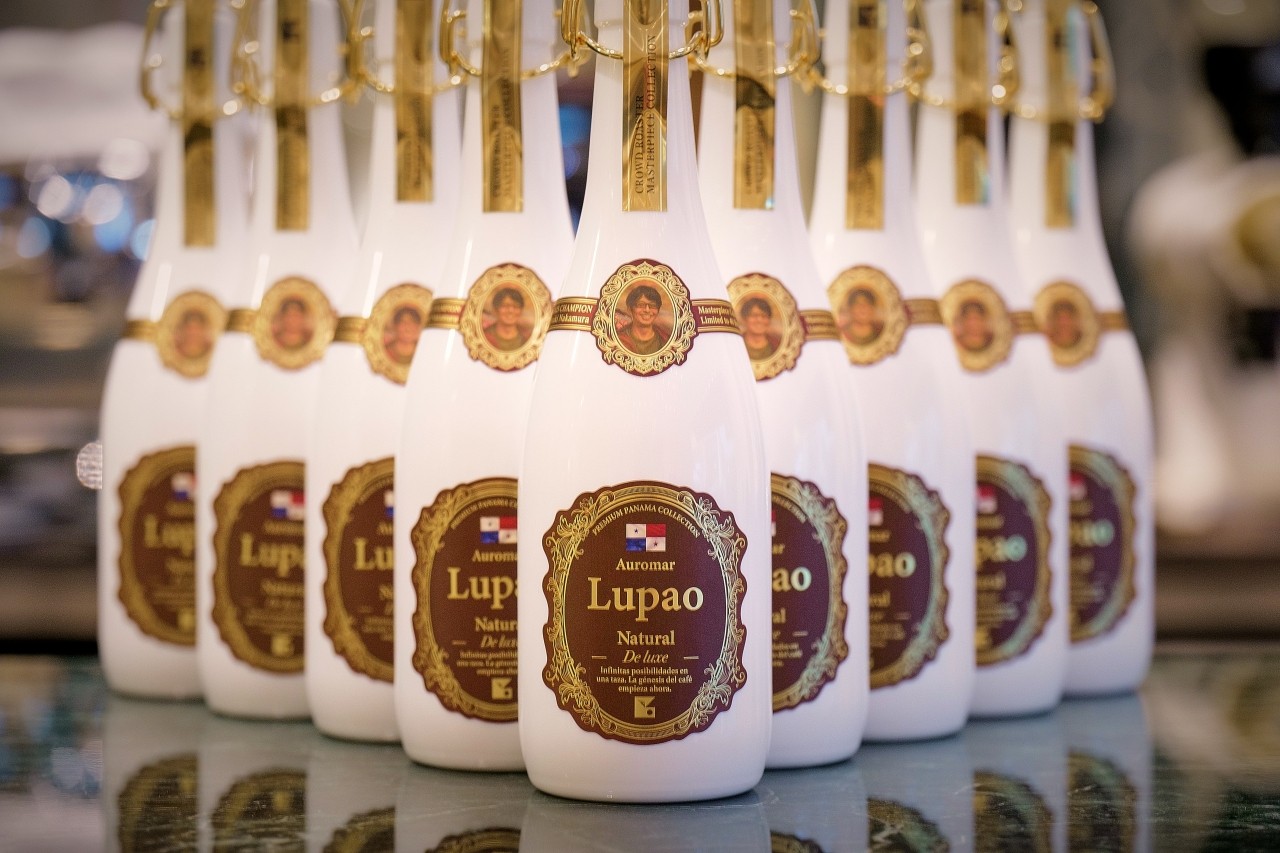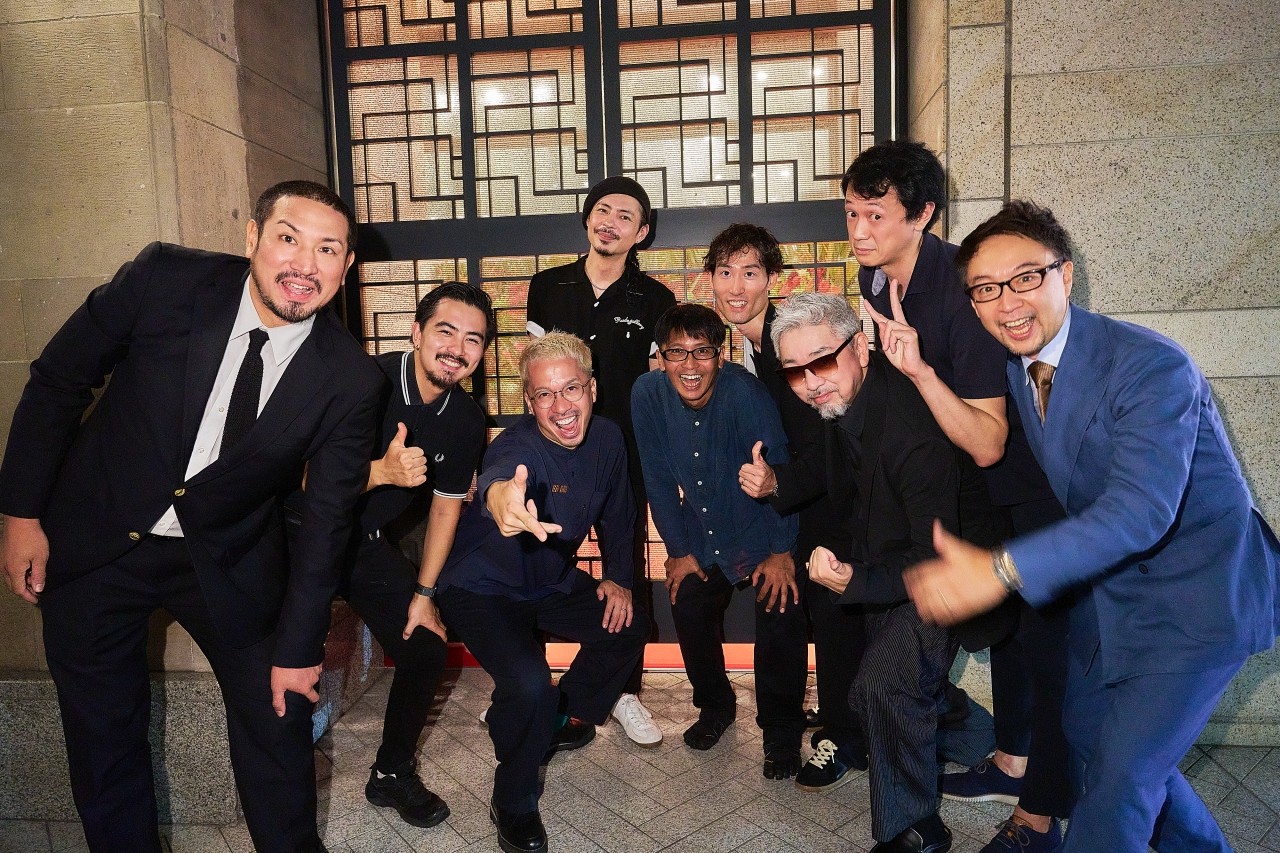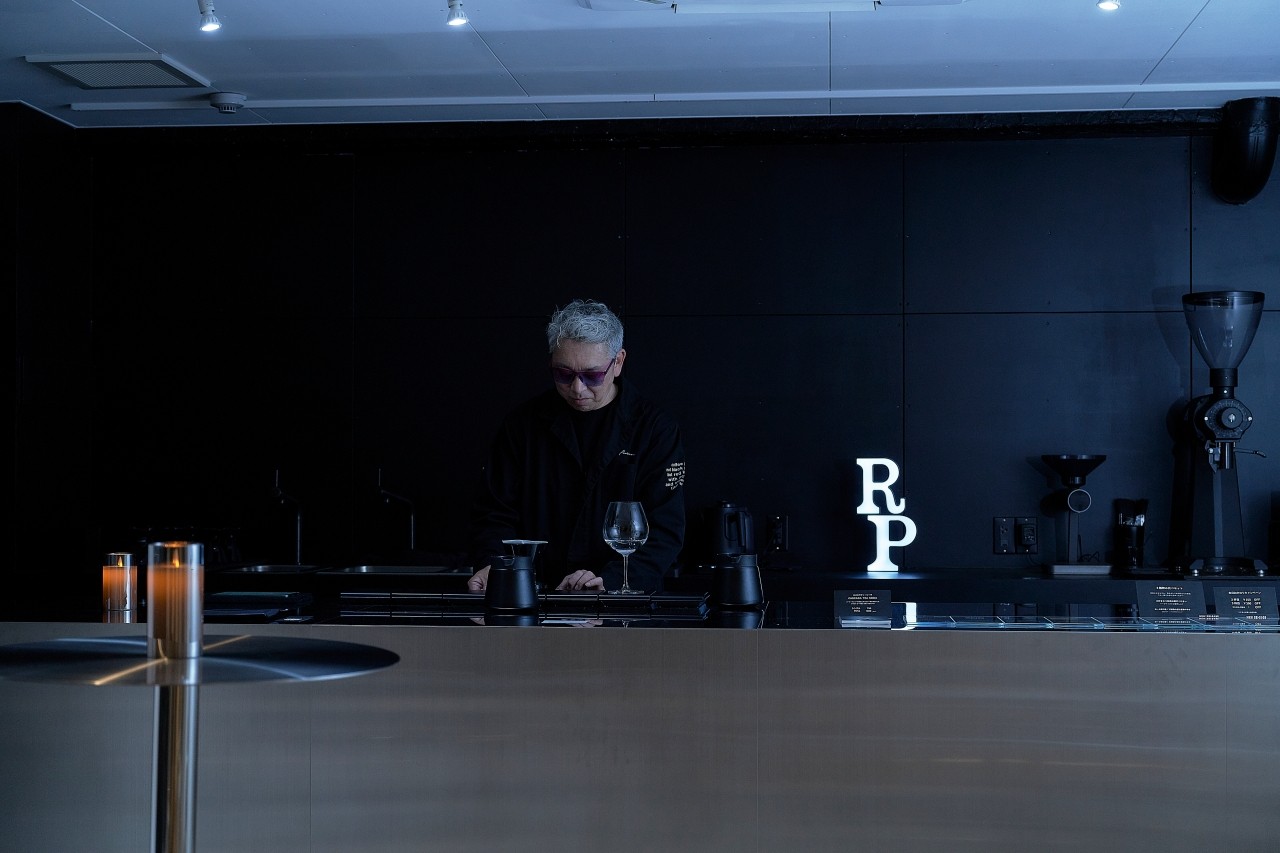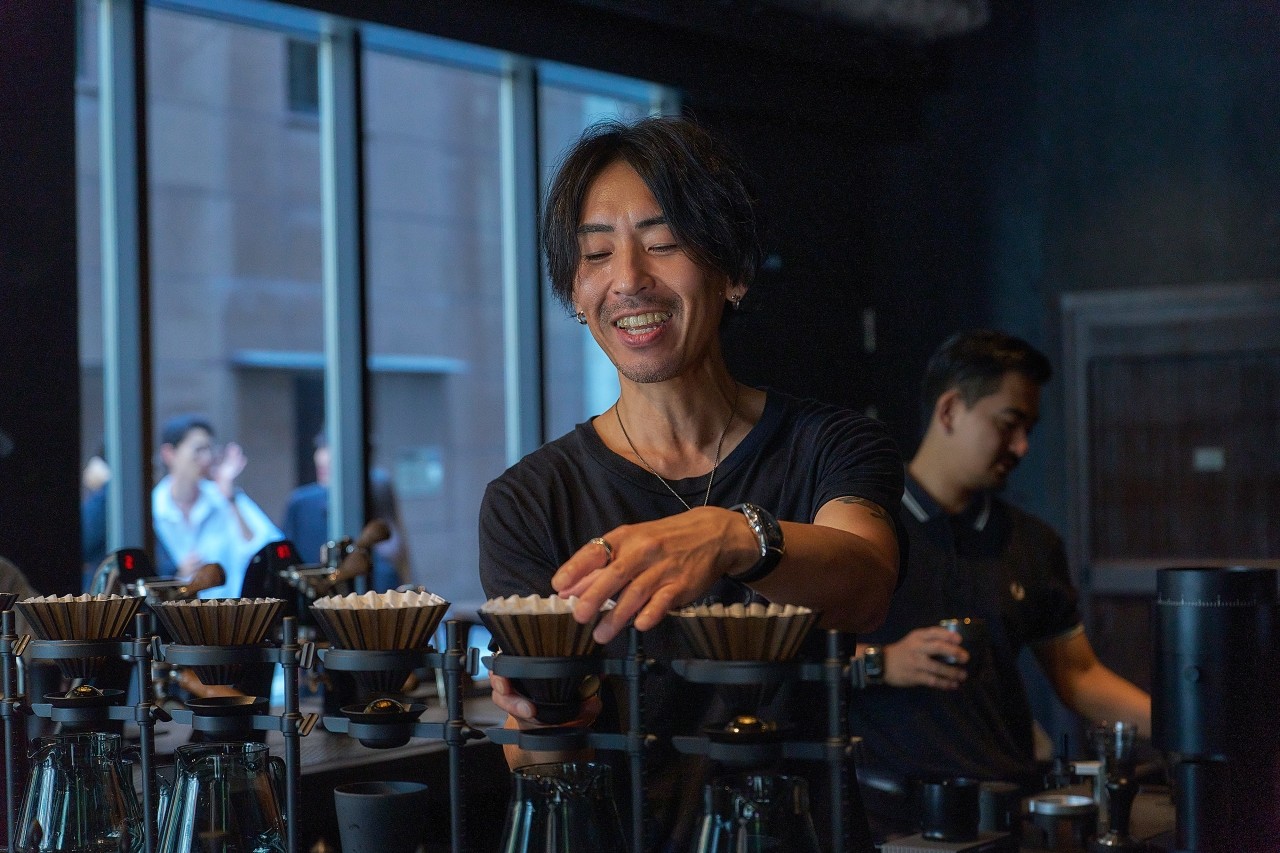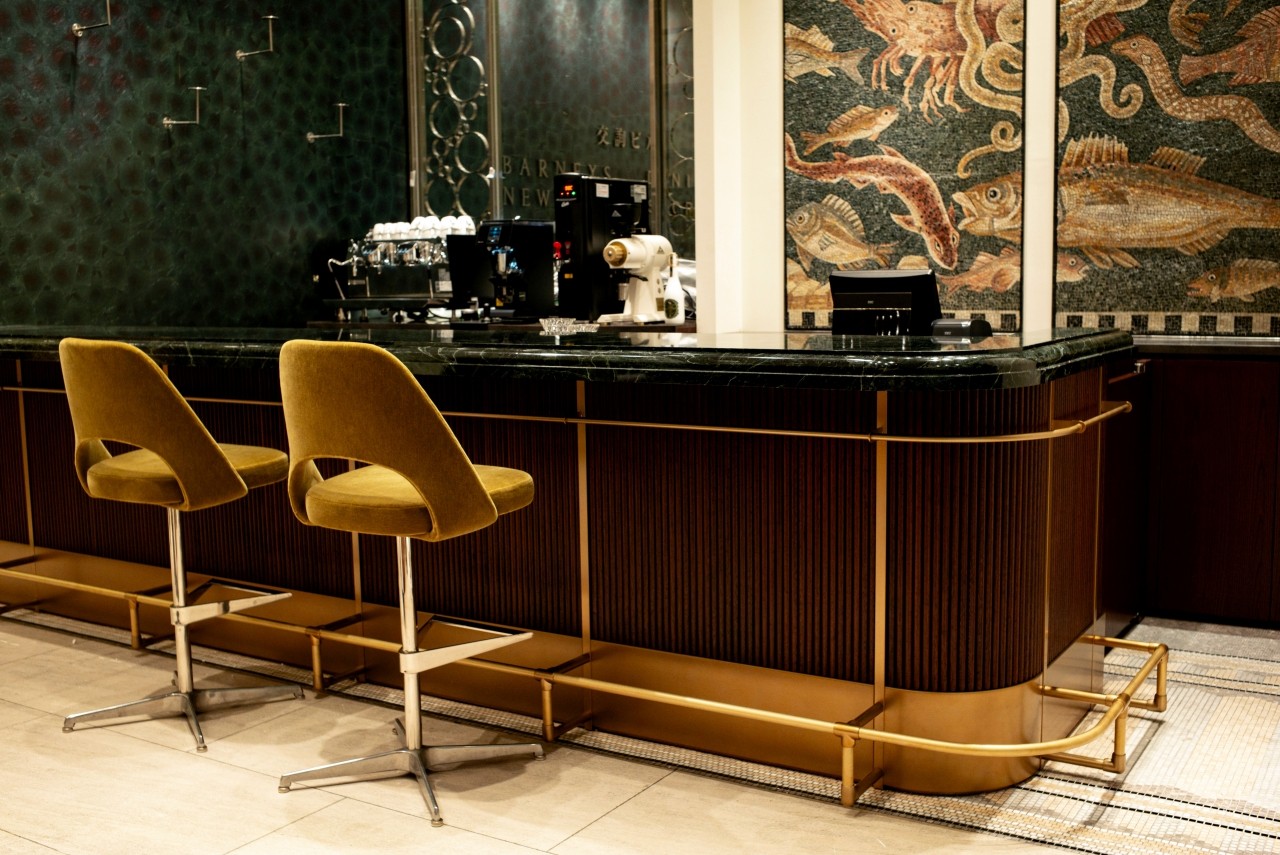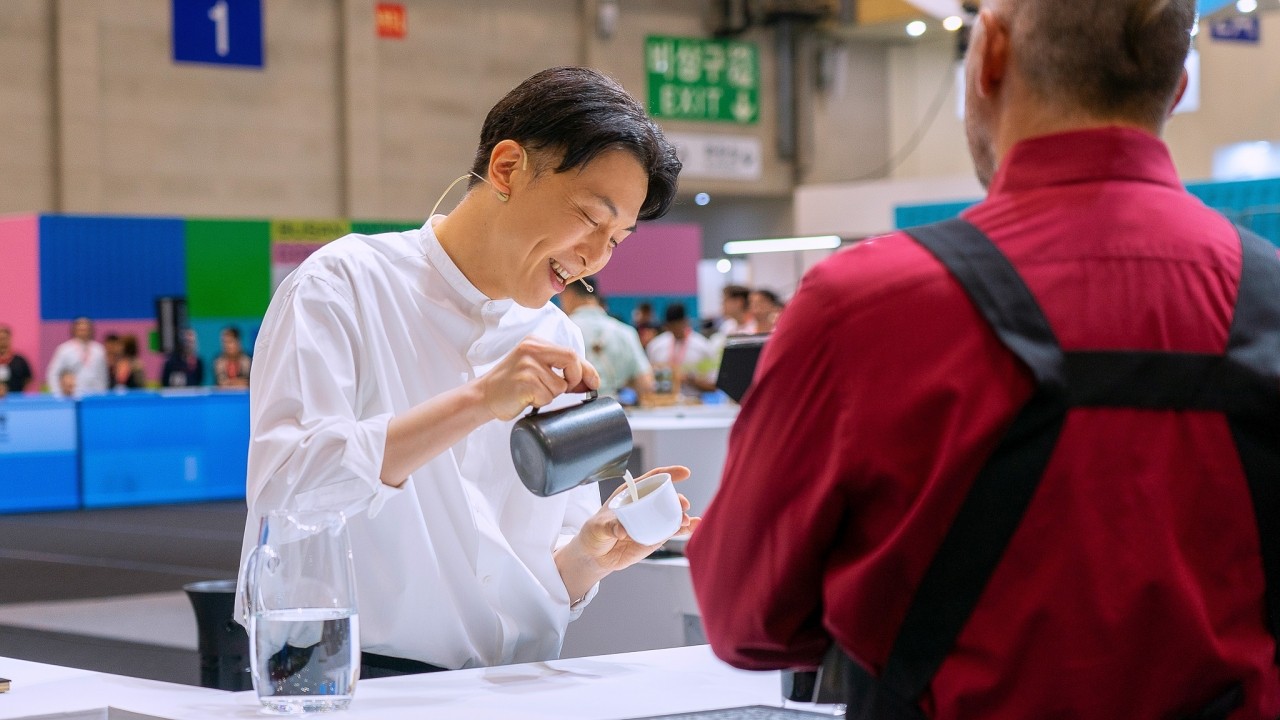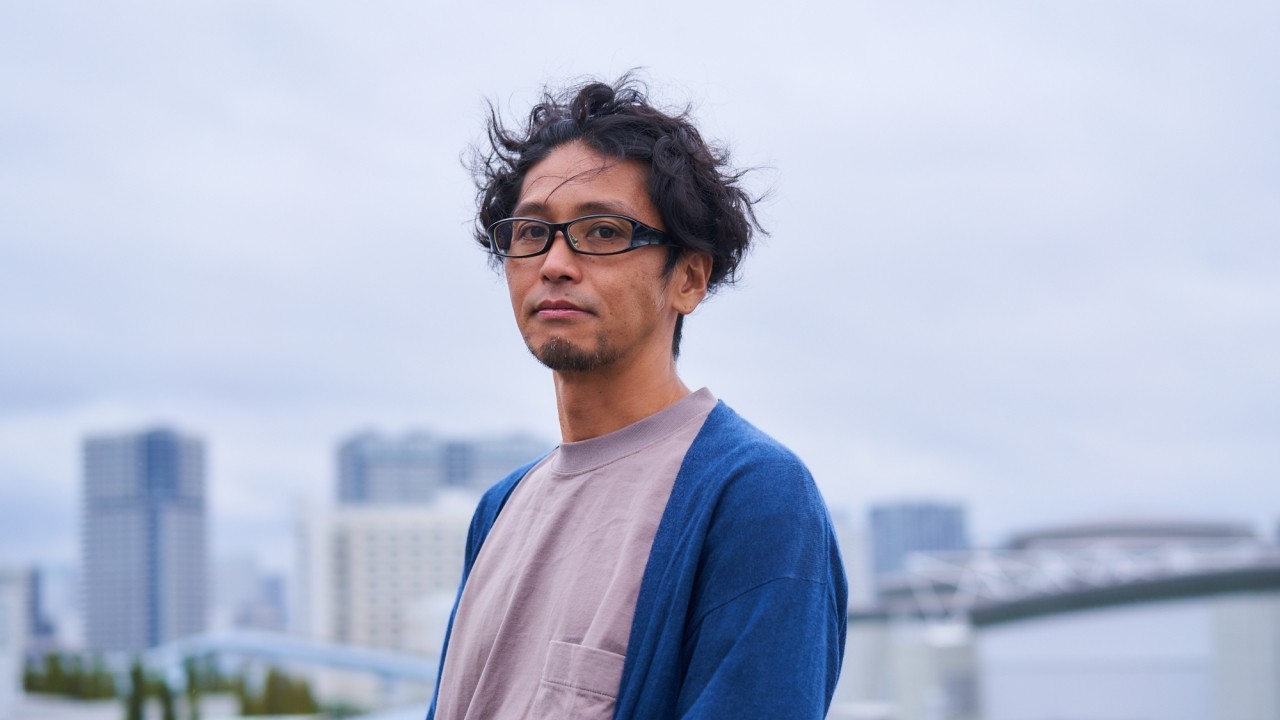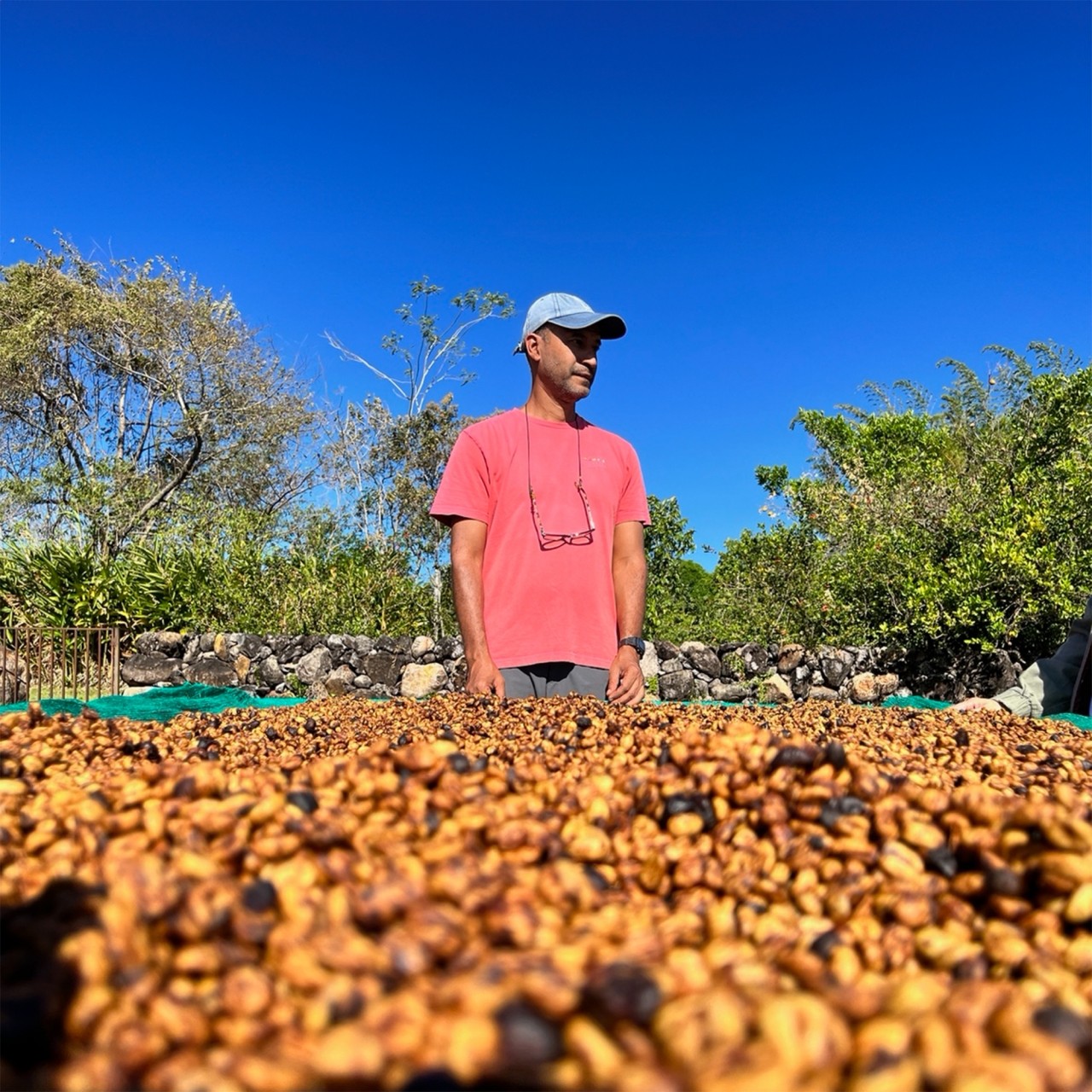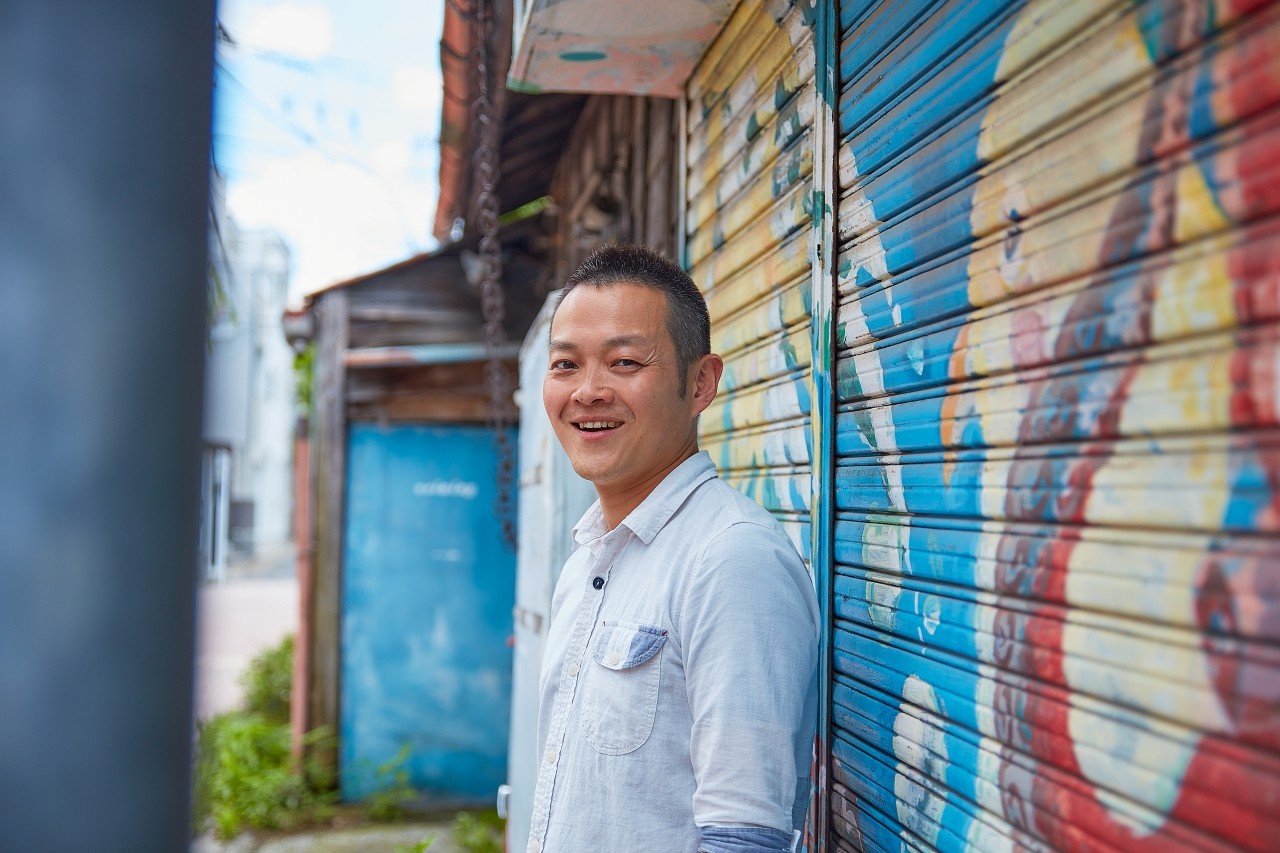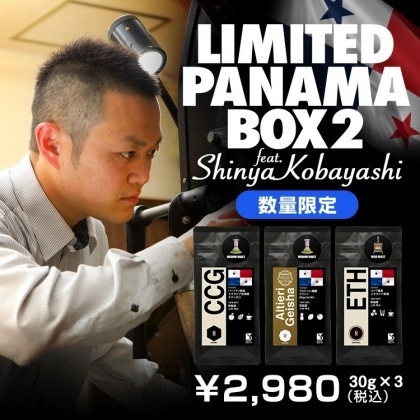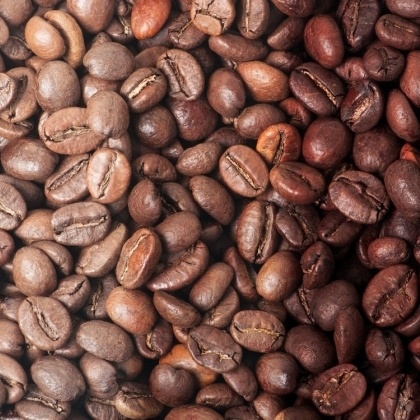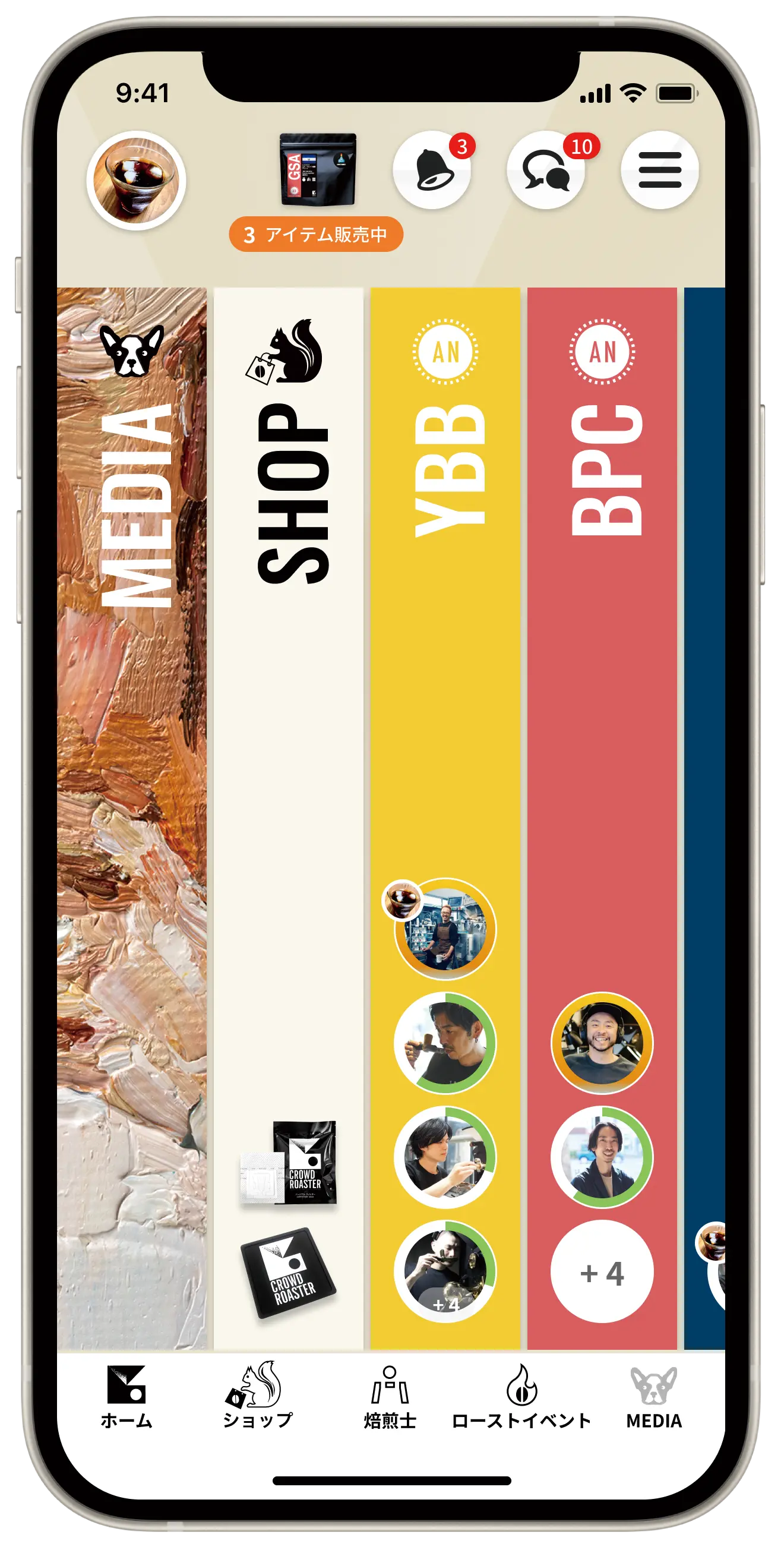Interview with barista Takayuki Ishitani on the significance of competing in the World Barista Championship
Barista Takayuki Ishitani became the Japanese champion for the third time at the Japan Barista Championship (JBC) in 2023. He represented Japan at the World Barista Championship (WBC) held in Korea in May 2024, where he achieved his highest ranking to date: third place, among a field of talented baristas from around the world.
For Ishitani, this was his third time competing in the world championships since 2018 and 2022. He said that he gained more from this tournament than ever before. On this day, about two weeks after the match, he took the time to reflect on the experience.
[Click here for an interview with Ishitani after he won the JBC]
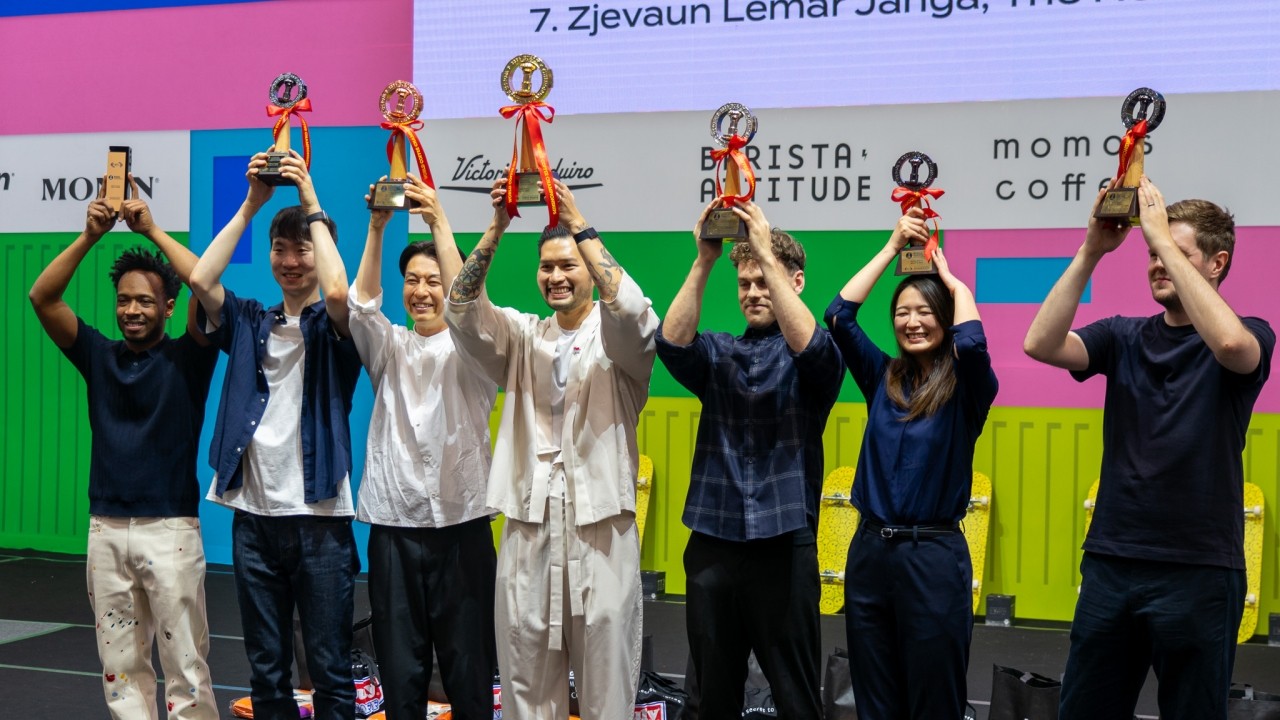
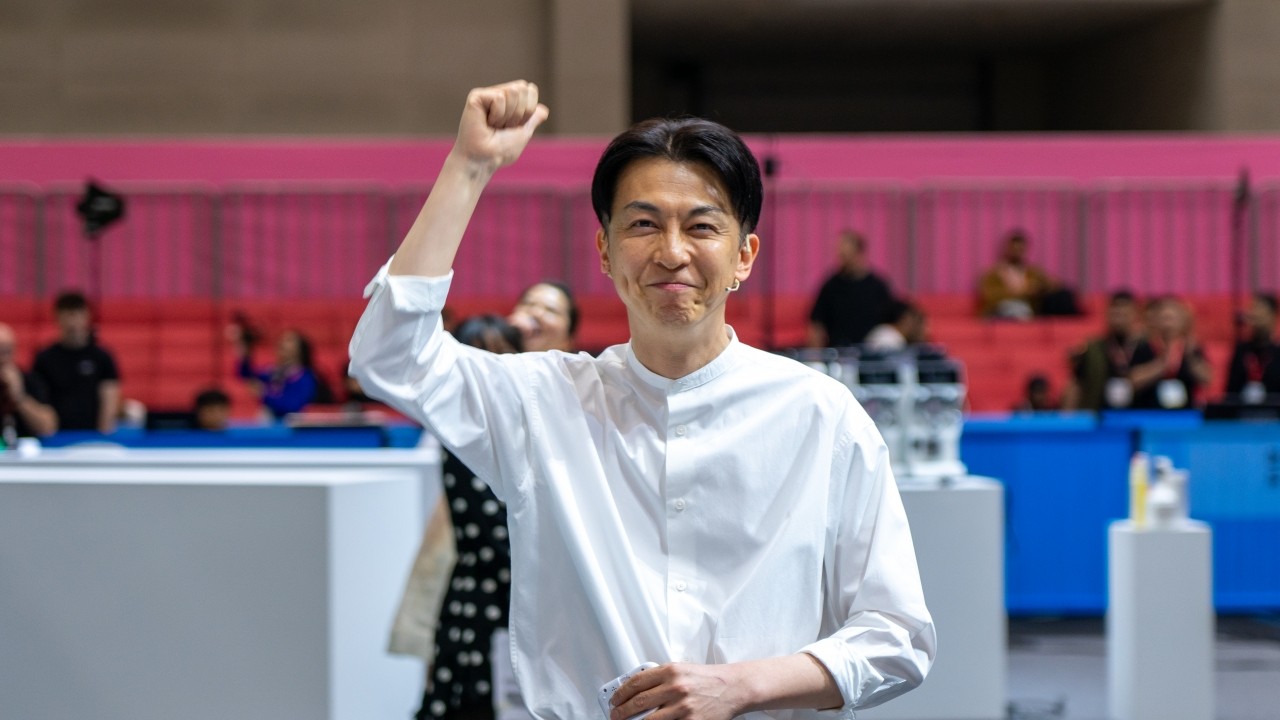
The atmosphere at the WBC was created through the efforts of the participants
--First of all, congratulations on your third place finish at the WBC (World Barista Championship). Please tell us your honest thoughts.
Ishiya: Thank you. I came in third place, so to be honest, I'm a little disappointed. However, I'm satisfied with the content of the competition and what I've been working on up until now. I was able to do everything I could without any problems, and I'm not at all frustrated by my ranking, so it was a very satisfying tournament.
──Was there any difference from the previous two times you participated?
Ishiya: Maybe it was because it was the third time and I could see my surroundings better, but the atmosphere was great and the other competitors all agreed that "this was a great tournament!" There's no doubt that everyone was running the tournament with the desire to make it a great one.
──Even when watching videos of the tournament, the excitement of the audience and the friendly atmosphere were really palpable.
Ishiya: This was a truly unified tournament, and not only the competitors but also the spectators, judges, and organizers all had a great time over the four days, so I think it was a great tournament.
──The finalists included baristas from various countries in Asia, Oceania, and Europe.
Ishiya: Not just the finalists, but everyone from the preliminary rounds onwards had an atmosphere of communicating with each other. That's the most fun part of the world championships, and I think getting to know all kinds of people is one of the reasons to participate in the championships.
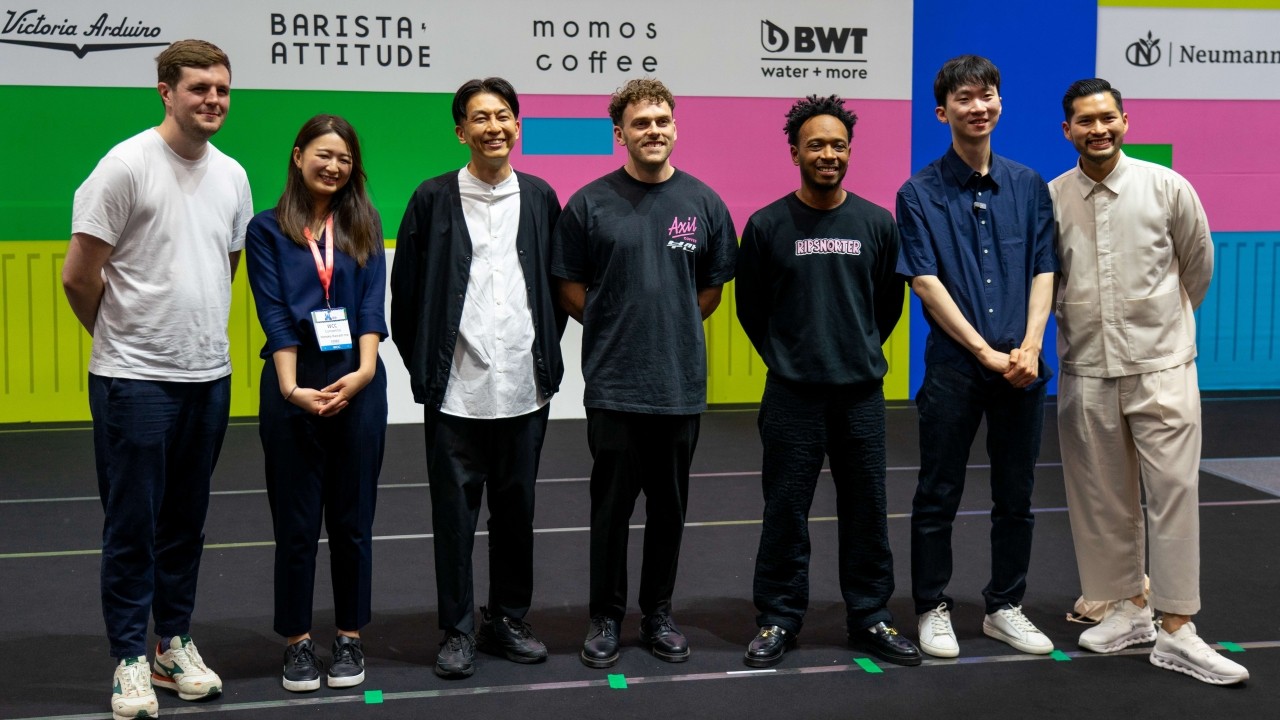
An era where baristas can freely create what they want to express
--It's been about six months since our interview after your JBC victory in September 2023. What kind of preparations have you been making for this tournament during this time?
Ishitani: The event was held in May, so it was a delicate timing as to whether the new crop would arrive in time, and we couldn't predict what coffee would be available until the last minute.
We communicated with producers and also got in touch with them with the cooperation of MAME of Switzerland (a member of this team). The most nerve-wracking part was figuring out what kind of coffee we could use at the time of the competition. After that, we spent the next six months thinking about how to shape our presentation.
──As a result, the beans used in the tournament were from the same farm and variety as those used in the JBC.
Ishitani: Yes, we decided whether to go with that farm for the new crop or another farm after cupping around March. The reason we chose the same farm as JBC is because we wanted to use the flavor we wanted to create and the coffee we currently like.
The coffees from other farms were good too, but I've been drinking them since the Japan competition, and I chose these two because I thought they would be best for conveying my presentation effectively.
──The theme of the presentation itself was the same as that of JBC.
Ishiya: The theme itself remains the same: "The happiest moment is when your ideal becomes reality." It's not just about the job aspect of being a barista, but also about what kind of drink you ideally want to make. We call this "intentional craft," which means you can now intentionally create your ideal, and we wanted to convey that this is a really fun time to be a barista.
──So you tackled the challenge with a consistent theme. Now, let's take a look back at each one, starting with espresso.
Ishitani: The espresso is made by blending 16g of Geisha from Finca Deborah in Panama with 2g of Caturra from Finca Milan in Colombia. You can sense the flavors of stone fruit and tropical fruit. Our goal was to create a perfect balance of flavor and tactility.
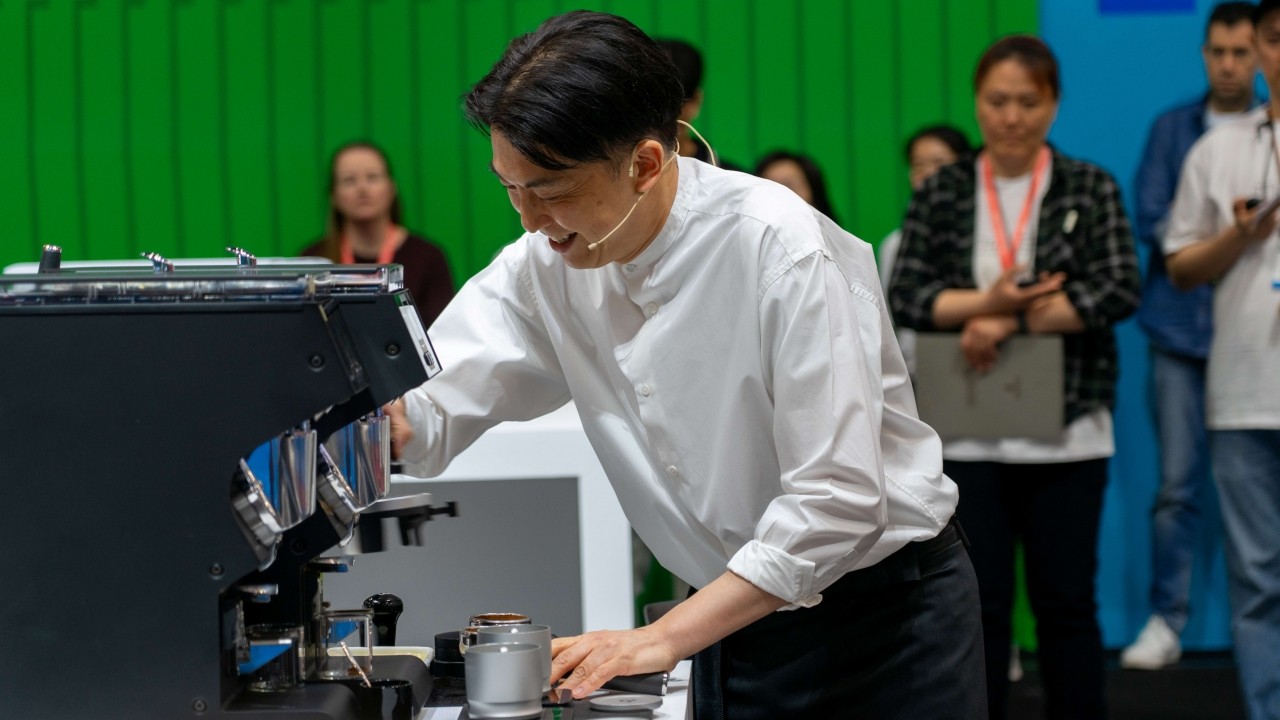
──Next is milk beverages. Rice milk and lactose-free milk were actively used.
Ishitani: Starting in 2022, plant-based milk will be allowed in competitions, so I decided to give rice milk a try. In fact, both rice milk and lactose-free milk went well with this drink, so I thought I'd use it at the competition. That said, I didn't decide to use it from the beginning, but rather I tested it and created the flavor intentionally.
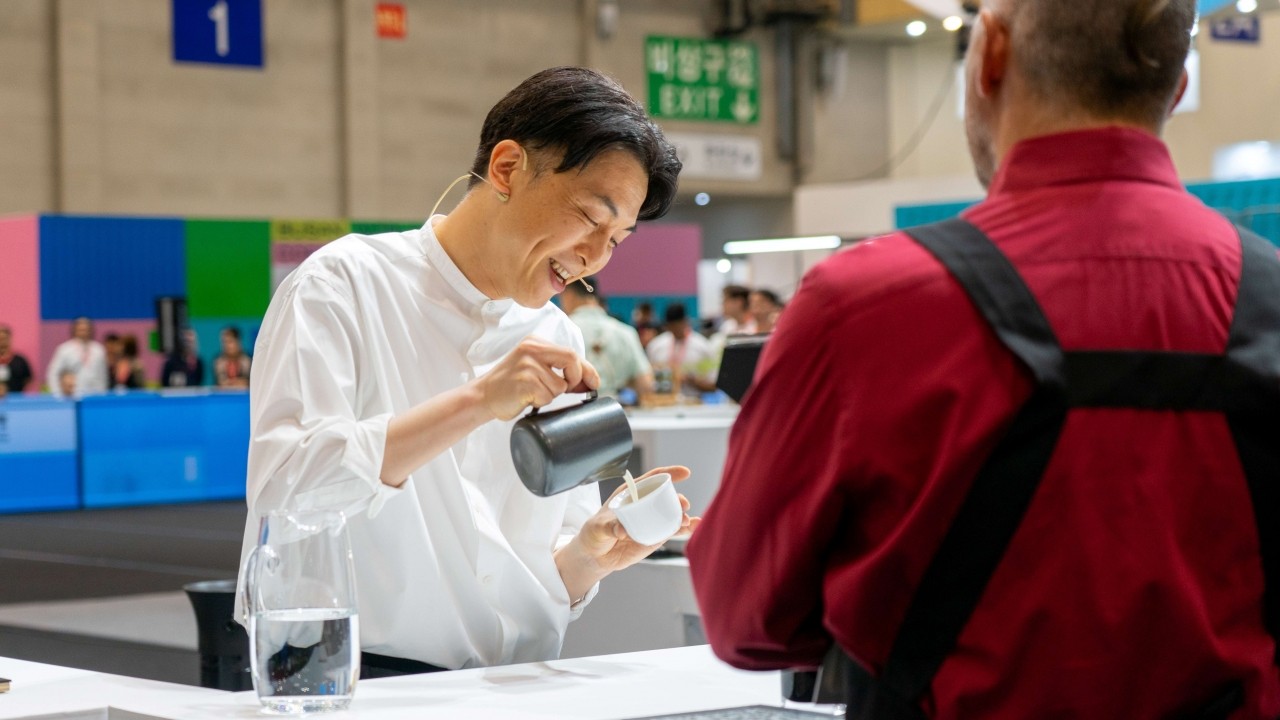
──When I heard that it was rice-based milk and lactose-free, I wondered if you were conscious of social issues such as environmental concerns and health concerns.
Ishiya: No, if I told you about that, it would ruin the presentation. It was a selection that came about as a result of my pursuit of flavor and trying to make the best drink with my own hands.
──Finally, we had the signature drink.
Ishitani: The ideal situation for this drink was to create a synergistic effect between Geisha and Caturra we used. We were inspired by the Negroni cocktail and created this drink.
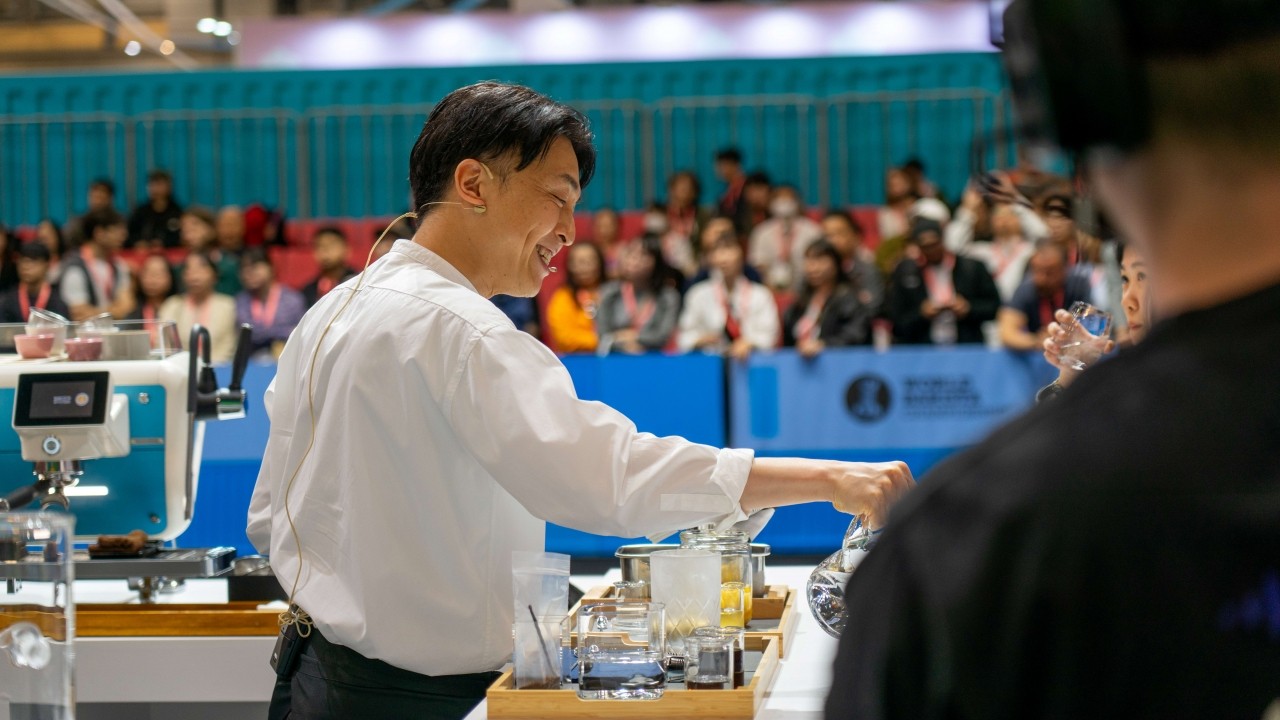
──What was the judges' reaction when you actually provided it?
Ishiya: The judges have to be impartial in their judgement, but as I mentioned at the beginning, the judges created a great atmosphere from the first round. So, my impression was that it was very easy to work with them.
WBC's drinks and ingredients set trends
──Having participated in three world championships, what did you think about the view and value of the barista profession, especially at this championship?
Ishiya: Since the last competition, everyone has been focusing on the presentation, and the rules have changed, which is a big factor. The scoring system has also changed.
Before that, it was becoming more of a competition to explain what makes good coffee. But now it seems to be focusing more on the baristas' presentations and what kind of experience they want the judges to have. It's very rewarding, and the rules change every year, so I really feel like it's getting better every year by updating it.
When the rules change, it's important to understand the intention behind the change. I think the example of plant-based milk is the easiest to understand. You don't have to use it, but there's meaning in trying it. If it tastes good, you should use it, and if it doesn't, you don't have to use it.
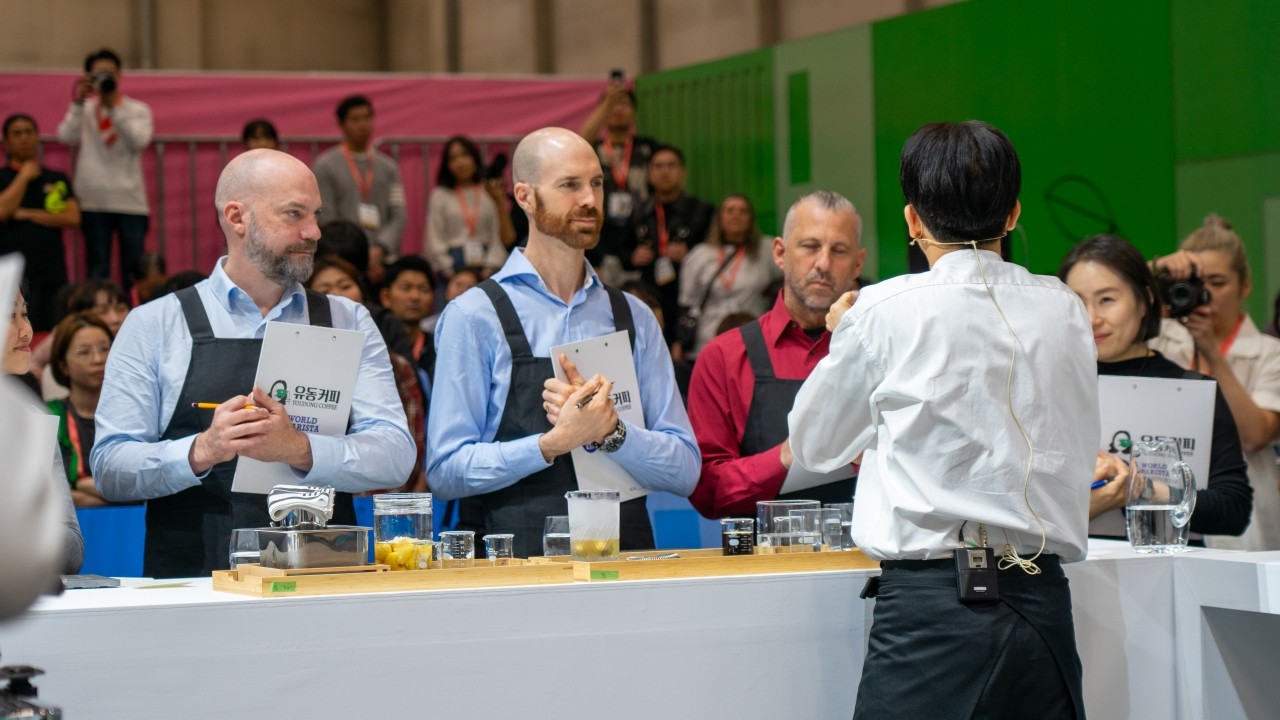
Even outside of competitions, customers are increasingly demanding more and more things. If it's good for the store, we'll use it, and if it's not good, we won't. I think this is not just true for milk, but is also present in many places, and I think there's an atmosphere of wanting to improve the entire industry.
We live in an age where when a new extraction method, variety, or process emerges, the one used at the competition is adopted in the field about a year later and reaches the general consumer.
Get to know Japanese baristas and baristas from around the world through "WBC"
──I think the Japanese team at this tournament was a truly amazing team, with Ishitani at the center.
Ishiya: Everyone listened to my selfish requests and even took time off work to join me in practice, which was a great help.
Also, it was a very reliable team that I could ask anything to, like, "I haven't done this yet...can you do it?" They were the right people for the job, and each member had their own character, and they used their strengths to their advantage, so I was able to go into the tournament without any stress.
Although only the athletes are on stage, I think the tournament is still a team sport.
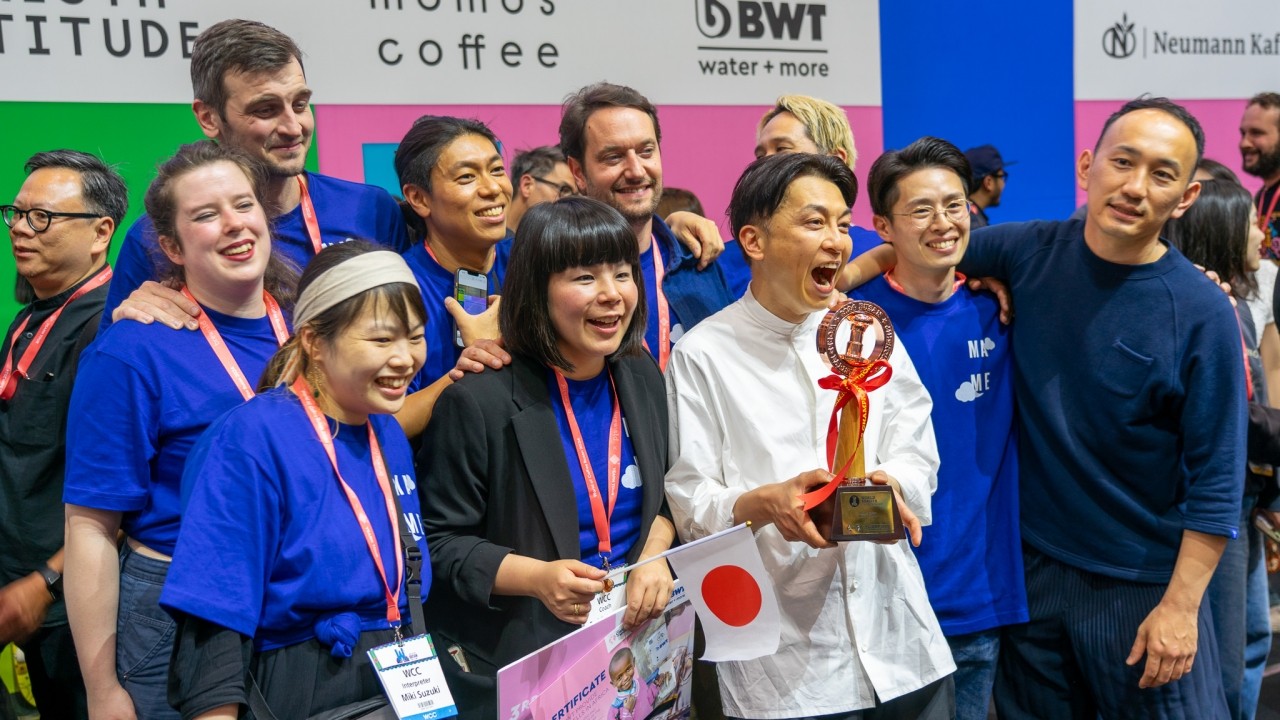
-- It was interesting to see the atmosphere while talking with the team after the match. What was the best thing about participating in this tournament?
Ishiya: As I spent time facing coffee in preparation for the competition, I realized there were still areas where I could improve. One of the refreshing things was that as I practiced, I was able to do things, but I realized there were things I couldn't do.
Another thing I learned was the importance of working as a team. It's hard to have this kind of experience with a large group of people as an adult, but I think the biggest thing was being able to experience the joy and challenge of working together towards a common goal. I think the experience of being in an atmosphere of unity will come in handy somewhere.
──By the way, what kind of reputation do Japanese baristas receive overseas?
Ishiya: I think it's probably because they are careful with their work and shy (laughs). Also, I feel like there are still not many Japanese baristas known overseas. We don't have many opportunities to learn about baristas overseas unless we go through events like the WBC.
However, if I go to a country where I have met someone or heard the name of someone at a competition, I might want to visit that person's store. In that sense, I think there is meaning in participating in the world competition.
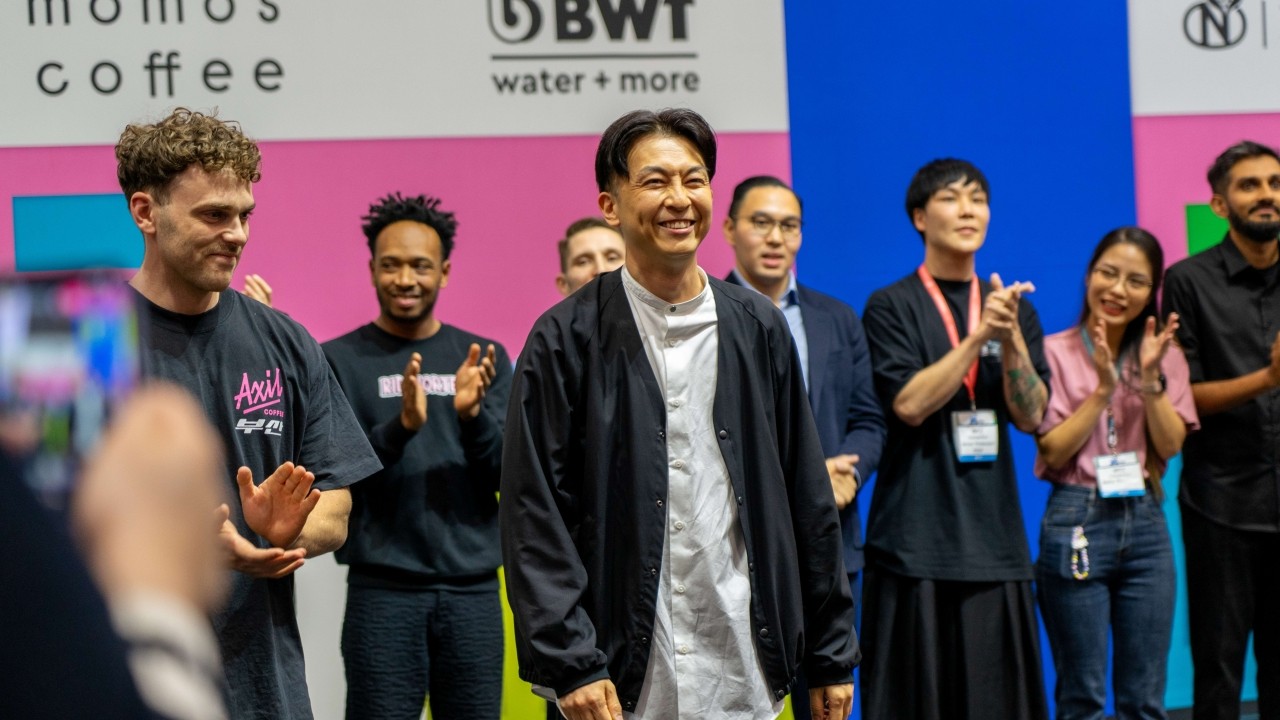
──What are your thoughts on taking on future competitions?
Ishiya: At the moment, I haven't thought about it this year, but I still have time, so if there's a reason to participate, I'll participate. Also, I've decided that I want to continue to be involved in the world championships in some form, and I think I'll naturally be there.
──What about the generation of Japanese baristas that follows Ishitani-san?
Ishiya: I do feel that I need to nurture them, but I haven't looked at other baristas with that feeling yet. For example, if I didn't participate in this year's JBC, how would I feel when I watched the competition from the outside? Would I still want to participate, or would I feel like leaving it all to the younger generation? It's only been a month, so I still feel like I haven't completely lost track of the competition.
──Finally, please tell us about your future plans.
Ishiya: We've been getting more inquiries about work from overseas. I think I'll be able to learn something new by working as a barista at a festival overseas that I've never been to before. There's still six months left this year, and I'm looking forward to seeing what kind of activities I'll be able to do.
Thank you, Ishitani-san. And once again, congratulations.
It looks like Barista Ishitani's success will continue in the future.
We at CROWD ROASTER will continue to follow their activities.
May 31, 2024
CROWD ROASTER
If you want to enjoy coffee more deeply
" CROWD ROASTER APP"
Manabu at CROWD ROASTER LOUNGE
・Push notifications for article updates・Full of original articles exclusive to CROWD ROASTER
・Direct links to detailed information about green beans and roasters
App-only features
- Choose green beans and roasters to create and participate in roasting events・CROWD ROASTER SHOP: Everything from beans to equipment is readily available
・GPS-linked coffee map function

